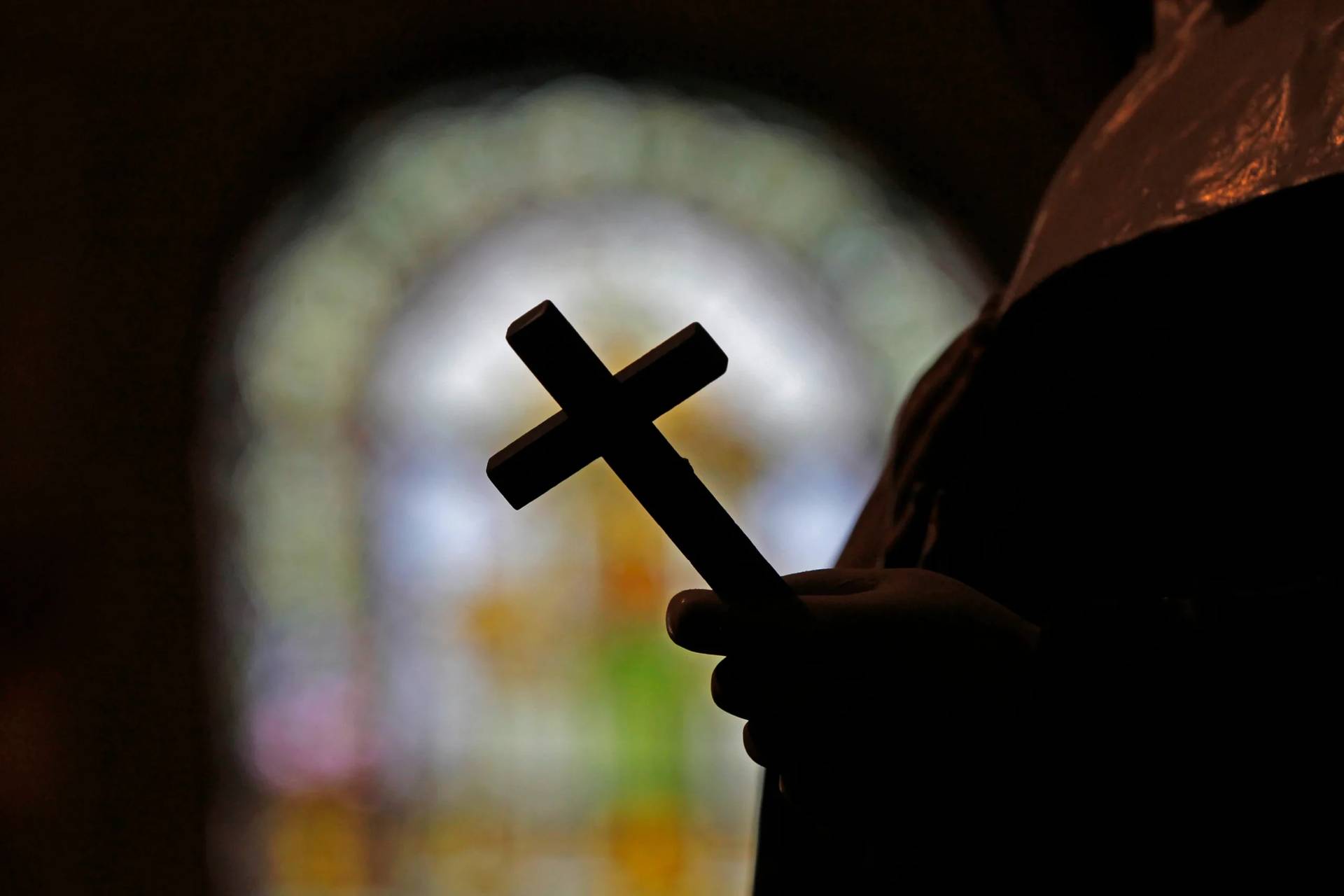WASHINGTON, D.C. — The process of leading up to last year’s V Encuentro, including the diocesan and regional encuentros — served as fertile ground for immigrant Americans to exercise their rights in their new country, according to a Bread for the World activist.
Dulce Gamboa, national associate for Latino relations, for the Christian citizen anti-hunger lobby, said, “The V Encuentro is an ecclesial and deliberative process in the Catholic Church to better respond and serve the Hispanic ministry needs, and for Hispanics in the Church to respond to the call of being missionary disciples.”
In an interview with Catholic News Service Feb. 4 following a Bread for the World presentation at the Catholic Social Ministry Gathering in Washington, Gamboa said one way to judge how the needle moved was to see “4,000 letters being written to their congressmen” at the diocesan and regional encuentros. “Many of these people had never written to their congressman before.”
For Gamboa, herself an immigrant from Mexico — she came to the United States to acquire a master’s degree from George Washington University and landed a job nine years ago with Bread for the World — it’s an empowering process.
In some Latin American countries, her native Mexico included, “you don’t really have the possibility to lobby your member of Congress,” she said. “Your voice doesn’t count. Sometimes, your vote doesn’t even count.”
“I see how advocacy works and for people to start learning that process and getting into that journey is really amazing to me,” said Gamboa, herself a Catholic. “Guadalupana!” she exclaimed, a reference to Our Lady of Guadalupe, when asked if she was Catholic.
It was not a hard sell to Bread for the World officials to send Gamboa to one encuentro after another.
“Our mission in Bread is to end hunger and poverty. Unfortunately, hunger and poverty disproportionally affects Latinos and African-Americans. Encuentros, to me, that was the place to be,” she told CNS. “Giving people the opportunity to be involved as a Catholic citizen in this country to be in relationship with Congress on issues that are relevant to the encuentros: hunger, poverty, immigration, incarceration — very important for the Latino community.”
“It’s not only about evangelization, it’s about social teaching. It is a part of who we are as Catholics. it’s in our DNA. It part of our social justice call. Our people have been asking us to be missionary disciples. To me that means we respond to that call, reaching out to people in need, reaching out to the peripheries,” Gamboa said.
“That response to the call is very important to me as a Latina Catholic.”
V Encuentro, also called the Fifth National Encuentro, was held last fall in Grapevine, Texas. Over 3,000 Hispanic ministry leaders participated in the Sept. 20-23 event, representing their parishes and 159 dioceses and other national Catholic organizations and groups.
Leading up to the national gathering was a process of parish, diocesan and regional encuentros, held to discern the priorities of participants at each stage for developing how the U.S. Catholic Church can better respond to Hispanic Catholics.
If the writing of 4,000 letters is the first step to come from encuentro, then Gamboa is eager to see the next steps.
“The V Encuentro” — and here, she used the Spanish adjective “quinto” for “fifth” — “is already bearing fruits. I feel some diocesan directors are putting together pastoral plans across the country to respond to what they listened to during the encuentros.”
Gamboa added, “I know that for the USCCB (U.S. Conference of Catholic Bishops), they’re going to have big initiatives to do follow-up with Hispanic ministry across the country to really help with formation. I’m hoping we will play a role in that advocacy journey for people, offering people the opportunity to seek justice in our communities and beyond. I feel like this year’s going to be exciting.”















